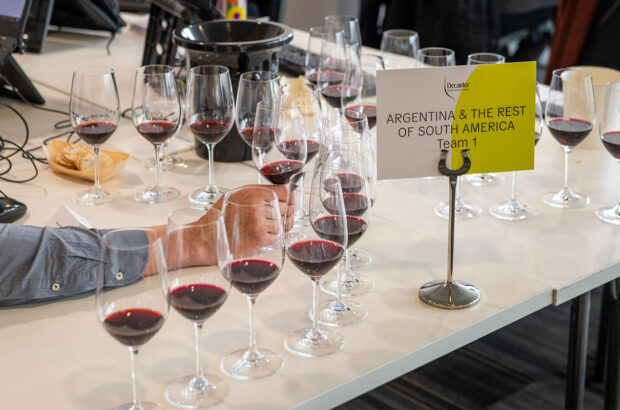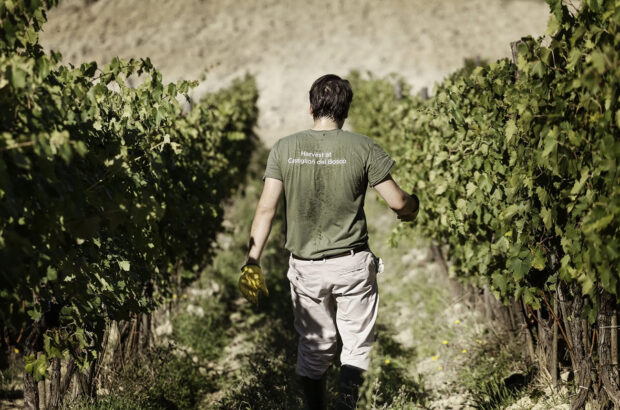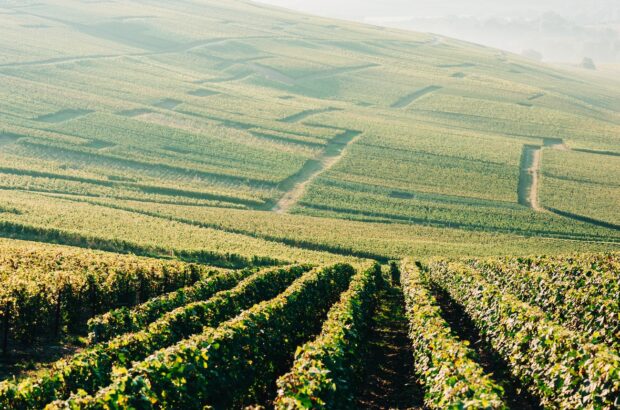Wine drinkers are not getting to grips with the concept of regionality, with New World regions the biggest sufferers, according to new research.
Marlborough in New Zealand and Barossa in Australia were the least well-known major wine regions in the survey, which polled the views of 2,000 regular wine drinkers in the US and a further 1,000 in the UK, and was conducted by research group Wine Intelligence.
Just 10% of US respondents had heard of the Barossa Valley, and only 12% of Marlborough; among UK wine drinkers, the figures were 38% and 27% respectively.
Bordeaux topped both countries’ polls, with 94% awareness in the UK and 80% in the US, followed by Champagne (93% UK; 75% US).
The survey also asked all 3,000 respondents to write down the first word they thought of when shown the name of a particular wine region. When Marlborough was shown, the most popular response from both groups was ‘cigarettes’, while for Chianti, the 1991 film Silence of the Lambs scored highly.
Warren Adamson, UK & Europe director of New Zealand Winegrowers, told decanter.com: ‘I’m not too surprised. Generally, people are still looking for New Zealand Sauvignon Blanc, and nine out of 10 bottles come from Marlborough.
‘What we’re about is New Zealand, and beyond that we have a varietal journey and a regional journey. But Bordeaux and Burgundy are embedded in the psyche of wine consumers.’
However, a separate Wine Intelligence survey of 1,000 UK wine drinkers showed that they have more affinity with Australia and New Zealand, in terms of people and culture, than any other wine-producing country.
78% of those surveyed said they had a ‘positive’ or ‘very positive’ affinity with Australia, with 70% for New Zealand.
Other New World countries fared less well: USA scored 47%; South Africa 39%; Chile 35%; and Argentina scored the lowest mark, with 28%. Italy was the highest-scoring Old World country, with 66%.
Wine Intelligence research director Lulie Halstead said: ‘There is a strong association between regions and the country they come from. And for many consumers, the perception of the region is based on the perception of the country. We also found a strong association with regions and a particular colour of wine.’
Written by Stuart Peskett






